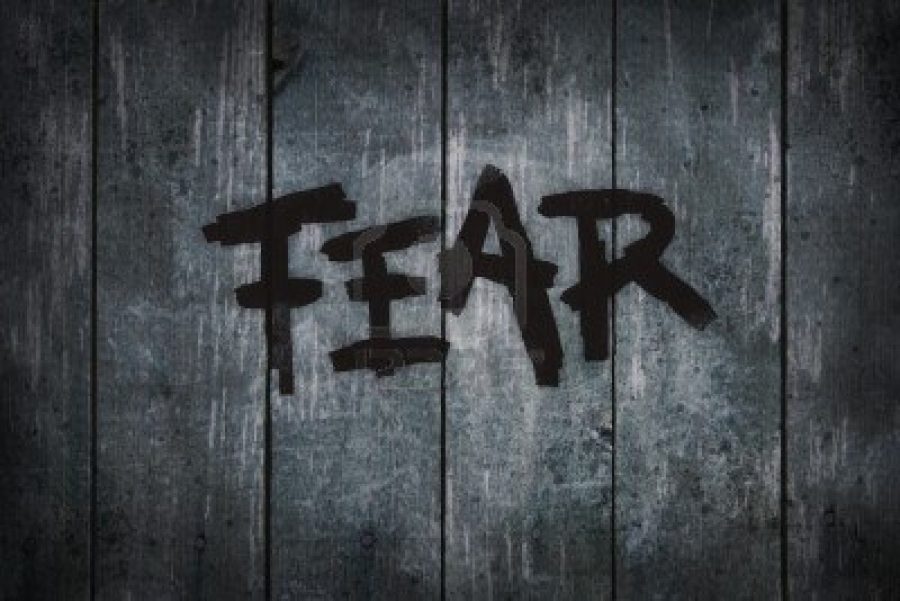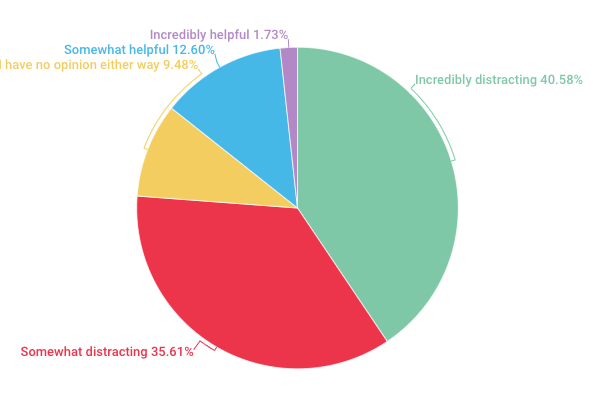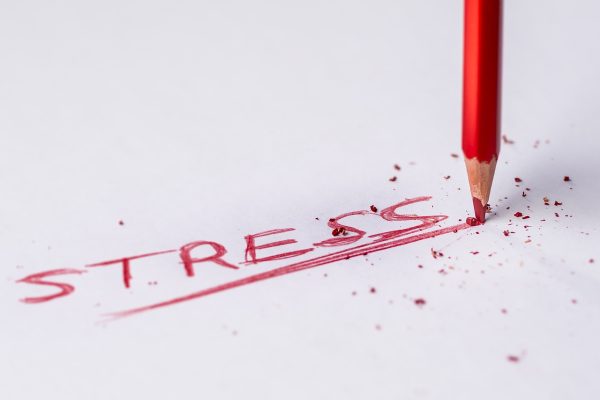Fear
March 22, 2018
Fear. It’s something that every human being or creature has felt within their short lives at some point. But, how do we cope with fear? Well, there’s a multitude of different ways people cope but one that seems to reoccur is to distract their brains from the fear by humming, singing, making jokes or talking to themselves or others. Even with the fight or flight response still there, we still try to cope if we are stuck in the situation with no escape. For example, most people in a Haunted House will make jokes about the house or hum a song that calm them down because they don’t want to be scared so they distract themselves with something else. It’s a really cool concept when you think about it, and if you go into the psychology of it the whole idea expands with more information than you could imagine. It happens in everyday life, even with something you don’t think should be scary or it doesn’t connect that it is scary in the first place. For example, the world as we know it and the generations of people in it. Not what you expected right? But if you look closely, as generations pass the more morbid the sense of humor gets. But if you think about it, it’s the way people cope with the world they grew up in. If you take Gen Z for example, the humor may seem dry and unwarranted by older generations because although they live in the same world they didn’t grow up with the world being worse off then it was when they were young so they see the morbid humor as distasteful. But it’s still a coping mechanism for something we can’t control so we make jokes out of it because we are too scared to take the situation seriously. But how do we feel fear in the first place?
The fear response comes from the part of the brain called the Amygdala, a small portion of the brain dedicated to understanding the emotional stimuli. So it can either pick up your own emotions or the expressions of those around you. Along with the Amygdala, the hippocampus (another part of the brain) sits nearby, which identifies threats which helps with the ‘fight or flight response’. Which sometimes if you fear something enough, your brain can go into overdrive and it can tense up your major muscle groups which can cause fainting. Not very good for those who do faint, but increased exposure to your fear could possibly help with the fainting. But not all fear is bad, it’s hard wired into your brain for a reason, so some fear is good for you. Lack of fear could even be considered unhealthy and it could be a sign of brain damage. It’s something to really think about and to really wonder what are you scared of?
“What Happens in the Brain When We Feel Fear.” Smithsonian.com, Smithsonian Institution, 27 Oct. 2017, www.smithsonianmag.com/science-nature/what-happens-brain-feel-fear-180966992/.
“Take Control of Your Wellbeing.” Improve Your Wellbeing | THIS WAY UP, thiswayup.org.au/how-do-you-feel/scared/\











